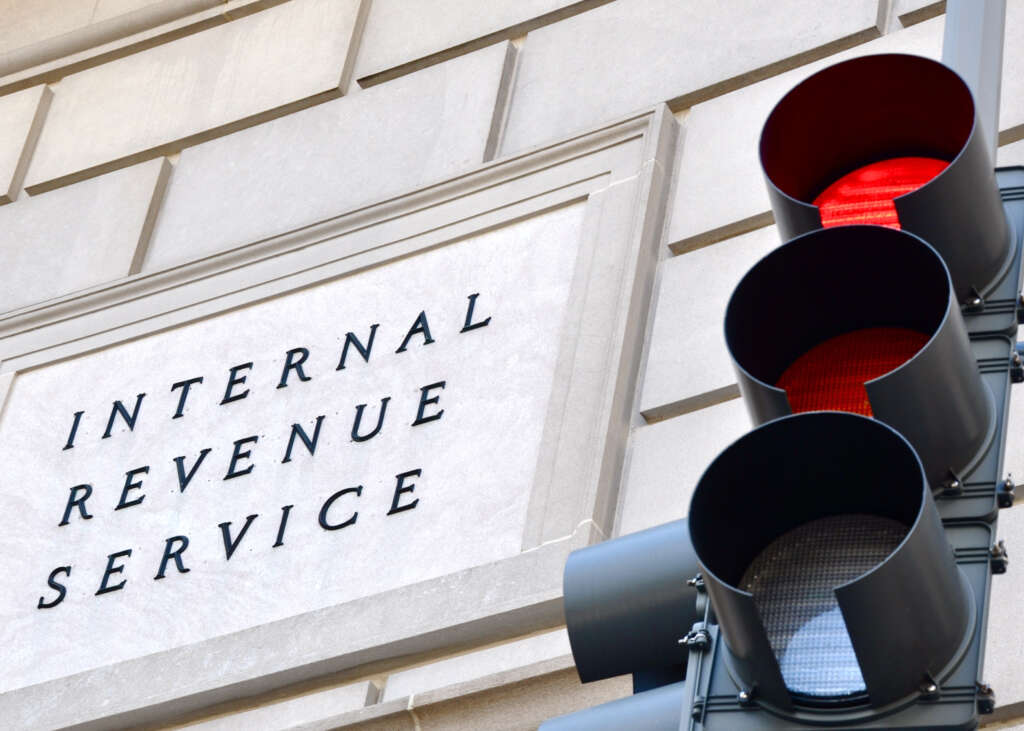Question: I plan to retire next year. Initially, I wanted to leave my job in May, although I’m now curious about the financial advantages of staying through the calendar year. Does it matter what time of year you retire?
Answer: People often choose their retirement date based on factors such as their birthday, the completion of a big project at work or some other workplace change, such as an upcoming acquisition. I’ve also had clients who simply decided they were done with the rat race. Maybe they were ready to join a spouse who had already retired, or maybe there was a new supervisor who was making life miserable.
While all are valid reasons to retire, picking a random date to leave the workforce may result in financial mistakes. Knowing when to retire involves more than just throwing in the towel and collecting Social Security.
It’s important to understand the rules surrounding certain tax-advantaged accounts. While these accounts have restrictions on how and when you can access your money, withdrawals typically don’t affect your eligibility for Social Security or the benefits you receive.
“There are some limitations put in place for most types of retirement plans,” said Kevin Martin, manager at the Tax Institute of H&R Block in Kansas City, Missouri, in an email.
[READ: Your Guide to Retirement Planning.]
Withdrawal Rules Connected to the Calendar
While these rules may impact how and when you receive distributions, withdrawals from a qualified plan, such as a pension, 401(k) or individual retirement account won’t impact Social Security eligibility or benefit amount, Martin said.
For example, he said, plan owners may be surprised that distributions taken before age 59 1/2 are usually subject to a 10% additional tax, even if they’re already retired.
Retirees should also be aware of required minimum distribution rules, which are pegged to a calendar deadline. These can be complicated, so it’s wise to understand how they work before scheduling your retirement party.
For the 2024 tax year, most retirees who turn 73 will have to take their first RMD by April 1, which is confusing given the typical April 15 tax deadline.
“If someone has not yet retired from their employer maintaining this plan, it is possible that they may be able to delay their initial RMD until the year they retire,” Martin said. “The specific terms of the employer’s retirement plan should clarify whether such a delay can occur.”
Effects of Retirement Timing
The time of year when you retire can significantly impact your taxes.
Say you decide to retire on July 1. For the first six months of the year, your income will come from your job. From July on, you will get income from portfolio withdrawals, a pension if you have one, and Social Security, if you opt to take it right away.
Or you may decide to make portfolio withdrawals for a few years and delay taking Social Security.
You’ll need different tax strategies for each of those plans. You hear this a lot, but that’s exactly the kind of assistance a financial advisor can offer by showing you various options and helping you make the right decision for your finances and lifestyle.
“Having just a few months of intra-year income at retirement plays a huge role in where to withdraw your retirement income to prevent overpaying taxes or simply being surprised by a huge tax bill come the following April,” said Zach Tekamp, vice president and wealth advisor at Heritage Wealth Management Group in Norfolk, Virginia, in an email.
“This doesn’t even touch those who receive large deferred compensation payouts at retirement, which can throw your taxes completely out of the norm,” he added.
Your decision of when to begin taking Social Security doesn’t have to align exactly with your retirement date. However, if you want to claim the benefit while you’re still working, be sure you don’t lose out on benefits. The time of year you take the benefit can affect your retirement strategy.
Reduced Social Security Benefits
“Electing to take Social Security while you are still working reduces your Social Security payments significantly,” said Michelle Riiska, financial planning consultant at eMoney Advisor in Virginia Beach, Virginia, in an email.
Those who leave the workforce before their full retirement age and opt to start taking Social Security will find their benefit reduced by $1 for every $2 earned above the annual limit. That limit is $23,400 in 2025.
“For the year you reach full retirement age, the months prior to FRA will also be subject to a deduction of $1 for every $3 earned above a higher limit of $62,160 for 2025,” Riiska added.
After your full retirement age, benefits will not be reduced due to income. If you can, it’s best to wait until that age to begin claiming your Social Security benefit.
“Additionally, a year of service for Social Security calculations is determined by calendar year, so retiring in January may increase your benefit depending on your work history,” Riiska noted.
Retirement Date Determines Tax Strategy
While there are some Social Security benefits to retiring in January, there are other advantages to retiring in December.
“A December retirement month allows you to take advantage of full contributions to your retirement accounts such as 401(k)s or IRAs in your ?nal working year,” said Jeff Busch, a financial advisor at Elysium Financial in South Jordan, Utah.
A late-year retirement also allows you to maximize an employer match on your 401(k).
On the other hand, workers with significant earnings in a calendar year may want to wait until January to retire. That strategy may result in lower taxable income for the year of retirement.
“With lower taxable income, you could potentially bene?t from Roth IRA conversion strategies,” Busch said.
[READ: 10 Ways to Reduce Taxes on Your Retirement Savings]
Do State-Specific Tax Factors Affect Retirement Timing?
Each state has its own rules, which can dramatically affect the amount and rate of retirement income taxed.
“For example, many states exempt certain pension income and other qualified retirement plans, such as 401(k) plans, from state tax or exclude a certain amount,” Martin said.
States also impose taxes at different rates; some states do not have any income tax at all, while others have rates as high as the low teens, he added.
Martin said state tax rates are something to consider when deciding where to live in retirement.
“Under federal law, only your resident state can tax most qualified retirement plan distributions, even if you were working in a different state while contributing to the plan,” he said.
But don’t forget: Many states without income tax have high property taxes. After all, states need to get revenue somewhere. So don’t forget to factor in all those variables in addition to weighing the pros and cons of retiring in a certain month.
More from U.S. News
Here’s What Gen X Should Know About Retirement
10 Tax Breaks for People Over 50
Where Retirees Can Buy a Home Overseas for Under $100K
Ask a Financial Pro: What Is the Best Time of Year to Retire for Tax Purposes? originally appeared on usnews.com













